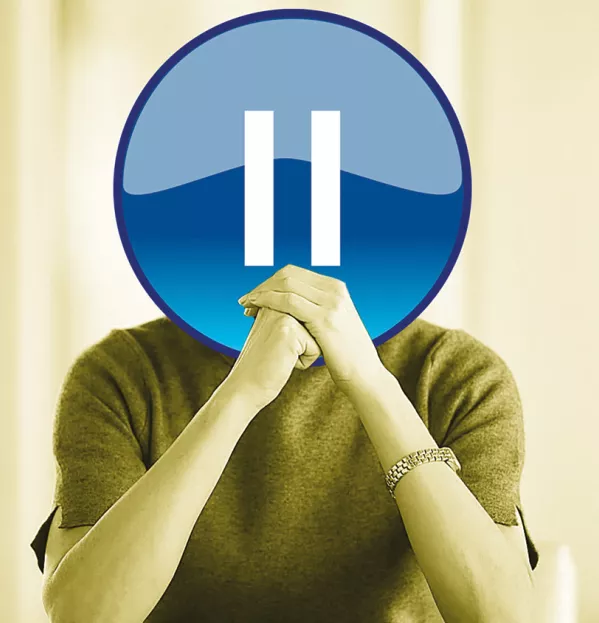Last year, I came across the work of Lisen Stromberg in the United States. She was working as a journalist and decided to write about the impact, particularly on women, of choosing to start a family. Her book Work, Pause, Thrive was an overnight success. Her position of “pausing” one’s career is refreshing and enabling.
When I had our two daughters, I wanted to pause my career to be a full-time mother. I was fortunate that our family circumstances allowed me to afford this and, in fact, it was seven years before I returned to full-time teaching. During that time, I learned so much about childhood, play and learning. I studied for a master’s and worked part-time in local schools, but, principally, I learned from my daughters.
Teaching others’ children without time to spend with our own is an irony that many teachers experience. I am not advocating seven-year maternity breaks but my point is that pausing one’s career in teaching does not mean future career success has to be sacrificed. Too often, we see choices as stark, and the language we use is telling. We speak of teachers “leaving” the profession as if choosing another career or life experience de facto means that it is impossible to return to teaching.
We worry about teachers who choose to teach abroad, as if taking their expertise overseas is a betrayal rather than an individual opportunity. I believe we should expect our young teachers to seek other life experiences beyond teaching, but that we should do much more to encourage and enable their return.
After all, it may seem tempting to pursue other career options but teaching is wonderful and, as a society, we need to keep reminding others of this. If we keep the door open and value other work experience, there is much to be gained in welcoming our former colleagues back. The statistics show us how many thousands of teachers are currently employed elsewhere. If we can continue work to cut the burden of hyper-accountability and unnecessary bureaucracy in schools, just maybe we can tempt teachers to pause and return.
Trying new jobs
When I was young, there was an expectation that career choice was future life choice. This is no longer the case. It is now common for people to use their skills to try new jobs. As an education community, we have much to learn from the notion of “pause”. We know at this time of year, fresh from a summer break, the strength we build from taking time to think about more than school. The time to catch up with friends, to enjoy family, to learn new things, to stop.
Ultimately, the Chartered College of Teaching will seek to build membership funds to enable grants for sabbaticals. The prospect of being able to enjoy new experiences and refresh as part of one’s career in education would be so liberating and enabling. The prospect of our profession self-funding sabbaticals via extensive membership of our own professional body, independent of government, is a truly exciting opportunity. This would be a means of taking the initiative in a self-improving system.
Our profession is brilliant, resilient and innovative. Let’s take hold of the opportunity to change our thinking away from “leaving” to “pausing”, and sustain the expertise and experience we need to continue ensuring that ultimately to teach is to be fulfilled.
Dame Alison Peacock is chief executive of the Chartered College of Teaching. She tweets @alisonmpeacock
